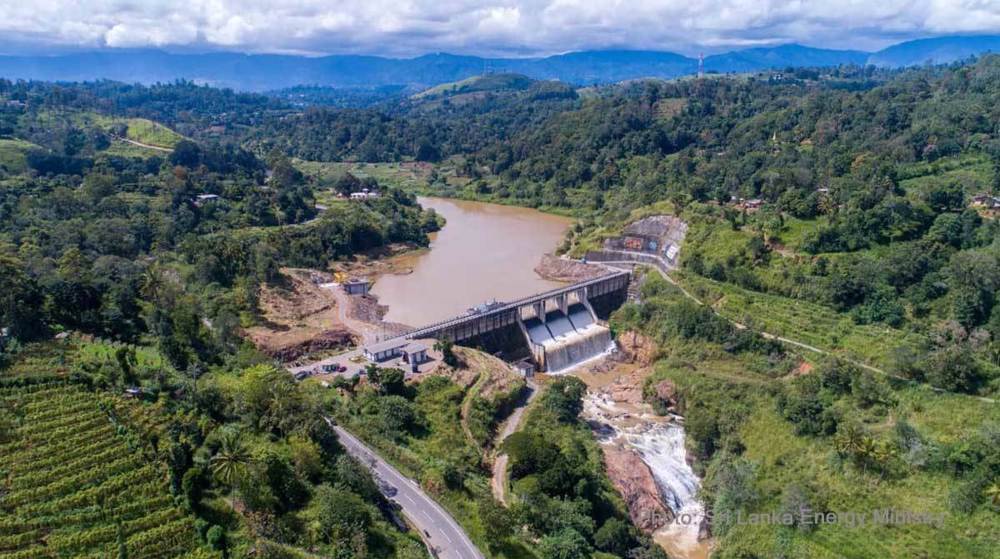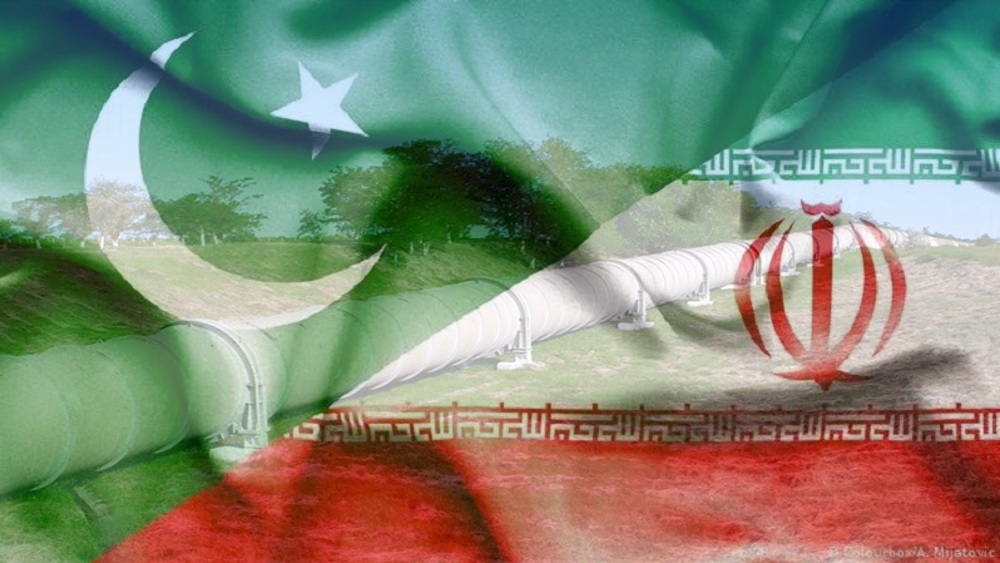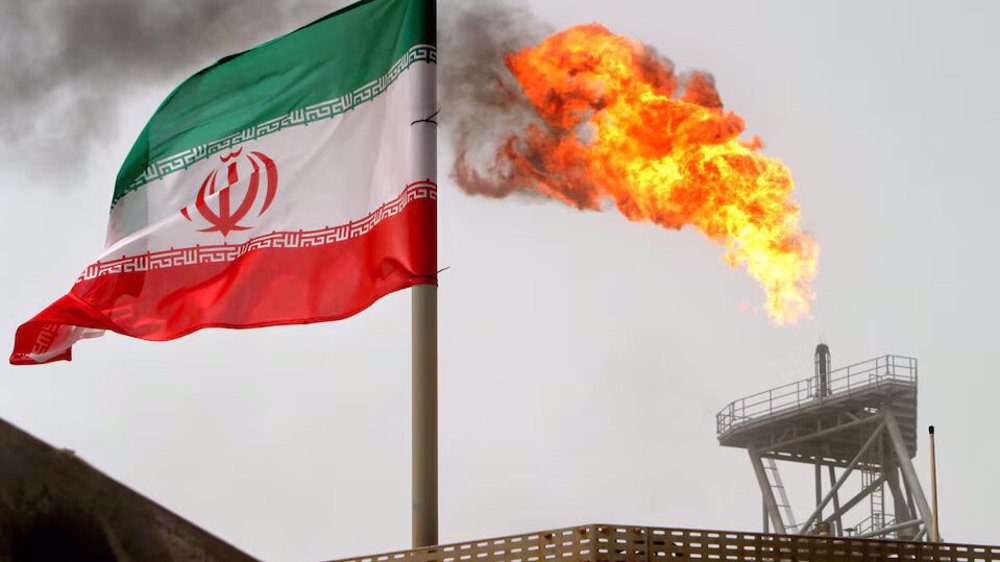'Floating formula' in Iran's new oil deals
Iran said on Saturday that the terms of its new format of oil contracts – that will be unveiled in London in September – will vary according to the structure of the reservoirs and the risk involved in implementing the projects.
“The terms of the contract and the rate of return for investments will be calculated through a floating formula that will consider the structure of the reservoir and the degree of risks involved,” said Mehdi Hosseini, the head of a technical team at the Ministry of Petroleum that are devising the new format of Iranian oil contracts.
Hosseini added that the contract for the development of high risk projects will include more attractive incentives and a higher rate of return.
He added that the oil projects that are situated in Persian Gulf waters and are shared with other countries will have a priority over other projects and will have separate incentives for investors. This, the official said, is because those projects "yield faster than others”.
The new format of Iran’s oil contracts - named as Iran Petroleum Contract (IPC) – will be a modification of the traditional buy-back risk service contracts and has been specifically designed to increase the attractiveness of Iranian oil projects for foreign investors.
The IPC offers different stages of exploration, development and production to the contractors as an integrated package. Also, Iran will set up joint ventures with the contractors to extract reserves at the fields. The contractors will be accordingly reimbursed through a share of production from the fields.
A series of draconian sanctions against Iran that have been engineered by the US ban foreign investments in the country’s energy projects apart from many other restrictions. Iran has already acknowledged that the sanctions have drastically reduced its oil production capacity over the past few years.
The country’s current oil production is estimated to be around 2.7 million barrels per day of which about 1 million barrels are exported – as required by the current regime of US-engineered sanctions.
Last month, the country’s petroleum minister said Tehran was ready to increase its oil exports by one million barrels per day a few months after the sanctions against the country are lifted.
The prospects for the removal of anti-Iran sanctions in light of an emerging final agreement between Iran and P5+1 over the country’s nuclear energy program have already made Iran prepare for a post-sanctions era. To the same effect, it is modifying its oil contracts to make them more attractive to investors.
AA/AA
Columbia, Yale students bent on ending US support for Israeli genocide
VIDEO | Genocide in Gaza
Iran calls on BRICS to play role in stopping Israeli crimes
President Raeisi’s historic visit opens new chapter in Iran-Pakistan ties
Russia: Poland’s talks on hosting US nuclear weapons ‘dangerous’
VIDEO | Israel’s genocide bounty
India’s home minister vows to end Muslim reservation if his party wins
UN expert calls for arms, oil embargo against Israel










 This makes it easy to access the Press TV website
This makes it easy to access the Press TV website